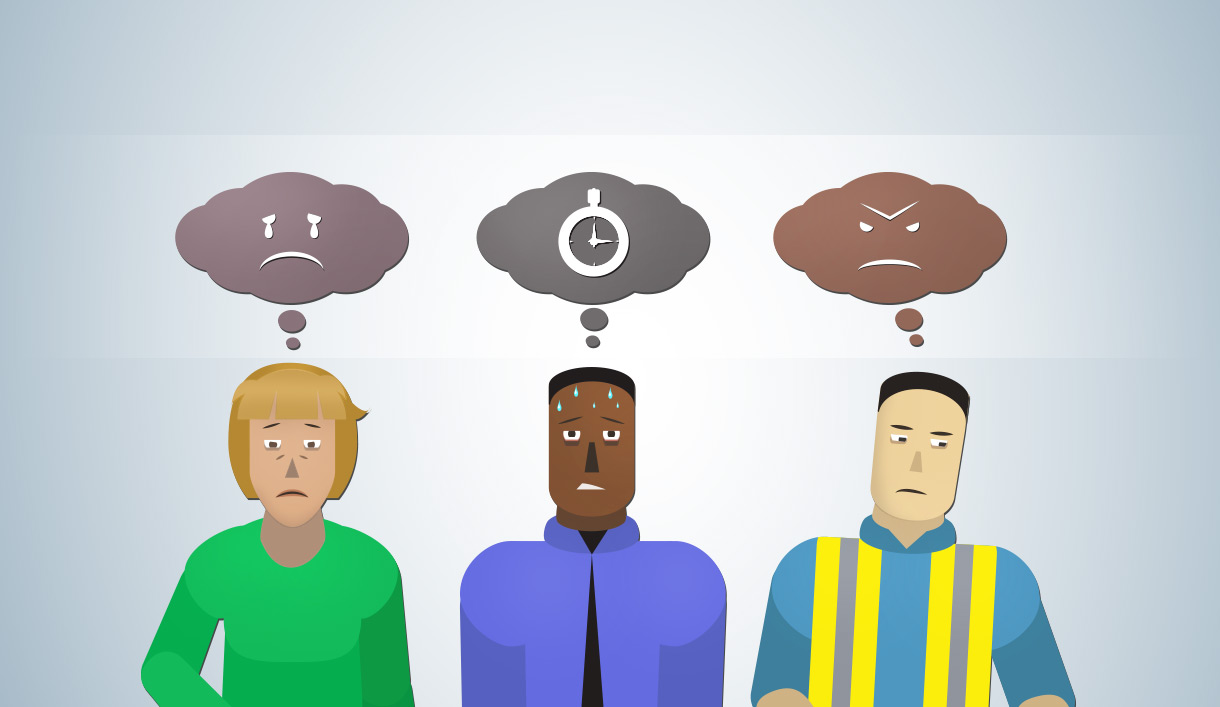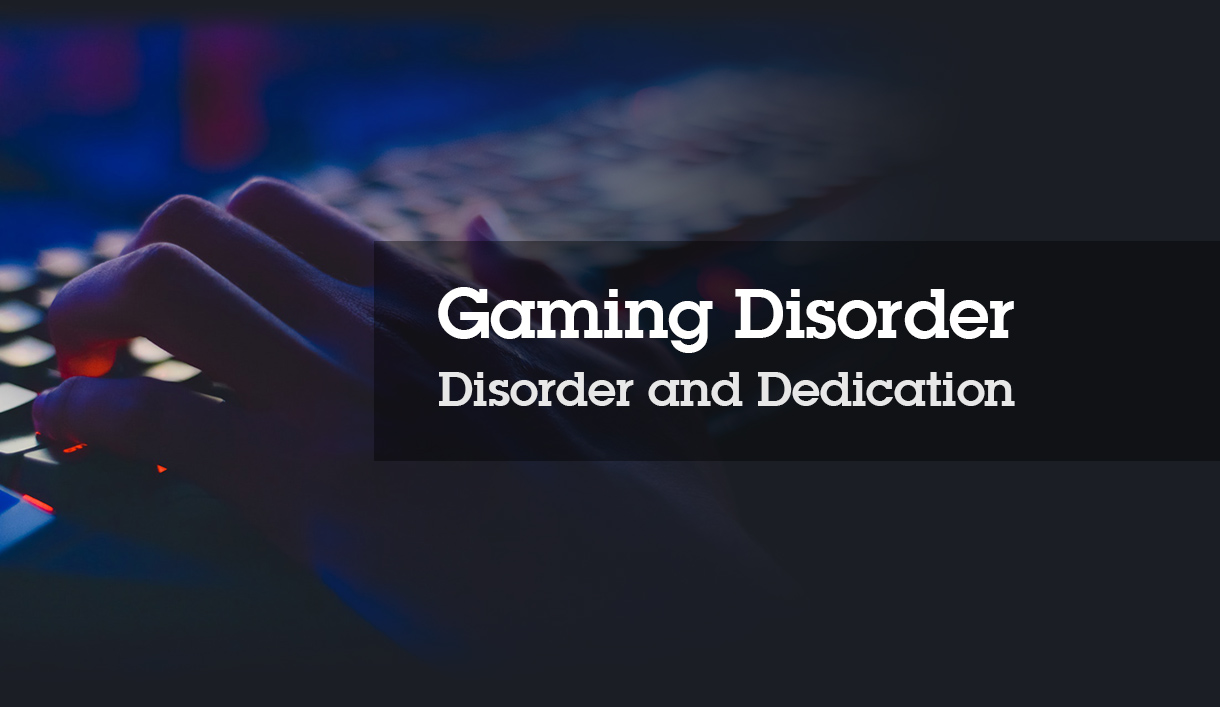Mental Health Awareness Week 2017
Too Few of Us Thrive with Good Mental Health
Today marks the start of the Mental Health Awareness Week 2017.
Established in the year 2000 by the Mental Health Foundation the week has served as a platform to draw attention to areas of mental health in need of reassessment or where inequality exists.
In line with this, it’s certainly uplifting to see that in recent years there’s been a steadily increasing amount of attention in Health and Safety towards the subject. Institutions, businesses and the news are keener to talk about it while the SHEilds blog has frequently addressed the topic in recent months.
This year the foundation is posing a somewhat different question as the focus of the week though; turning the usual question of why so many live with mental health problems on its head and asking why too few of us thrive with good mental health.
A Sobering Picture
A great variety of issues fall under the umbrella of Mental Health with some of the most commonplace being stress related to work, depression and anxiety.
The 2015/16 statistics for the UK alone paint a sobering picture*. 488,000 cases of stress, depression and anxiety were recorded (1510 in every 100,000 workers) with an enormous 11.7 million working days lost as a result.
11.7 million working days, give that number a moment to sink in. On a compassionate basis the figures should be enough to provoke action, however they also highlight that failure to recognise this as a legitimate health issue can actively harm a business. Indeed, 37% of ill health related to work is connected to stress.
The question begs, why is management of good mental health in the workplace so elusive?
Oversimplification
Whenever mental health and its causes are addressed in broad terms there is a danger of oversimplification. Causes of poor mental health may arise from extremely personal issues, while the triggers may not necessarily be work related.
Unfortunately, it could be that this very fear of causing offence by misdiagnosing a mental health issue that stops people intervening or taking action to help co-workers. Sensitivity is certainly warranted for these reasons but turning a blind eye will not resolve a growing problem.
If a colleague suffering from a mental health issue feels support isn’t available or that no one is aware they could begin to feel a sense of invalidation. This kind of feedback loop is dangerous as the person in question will be less likely to talk about a problem while co-workers will read this a as sign they shouldn’t ask.
Isolated with the sensation that their issue isn’t worth raising, the pot boils, pressure builds and a problem only becomes apparent when it can’t be contained anymore. When symptoms of poor mental health obviously manifest, action is likely being taken far too late.
Taking Action
The lines between manageable work stress, a problematic level and aggravation of a serious mental health problem can be blurry. As a rough guide the question to usually ask is whether symptoms are severe enough to negatively affect day-to-day life.
Taking action early is imperative, so being mindful of the following when managing workplace mental health is a good starting point:
- Mental health issues affect everyone differently – Unlike most physical illnesses the ways extreme stress and other mental health problems affect people won’t have such clearly defined symptoms. However, as a rough rule warning signs from colleagues are likely to be identifiable through erratic or out of character behaviour for prolonged periods.
- Spotting the warning signs in colleagues – It may be that someone suffering from mental health issues has a sharp change in their demeanour; they might be unusually withdrawn, irritable or seem persistently uncomfortable. As such, close colleagues will be most likely to notice these changes early.
- Being aware of your own mental health – Whether it be from work pressures or fear of social stigma it’s unfortunately common for people to ignore the early signs their mental health is on the decline. It could quite simply be that it’s the first time you’ve experienced such an issue. Regardless, it’s important to consider whether you’ve felt abnormally low for an extended period and whether such negative feelings are making your working life progressively harder.
- Identifying and adapting problematic practices – A source of stress and mental aggravation may be associated with specific tasks, locations and teams within the workplace. If you notice a correlation between symptoms and one of the latter then the issue should be directed to the relevant department manager to find a compromise which alleviates the problem. It may be that only a small adjustment in working practices is needed which actually improves productivity as a result.
- Seeking help and talking with others is NOT weakness – Quite the opposite, seeking help will almost certainly make a change for the better, whereas ignoring a long-term mental health issue will result in a downward spiral. If you’re suffering from a problem you could speak with your manager, however if this is an uncomfortable prospect then a GP, or independent organisation such as mind.org.uk are also reasonable options. Even a friend or family member might be a good starting point and help you to build up the courage to take matters further.
The tagline for the Mental Health Foundation’s campaign this year is ‘surviving or thriving?’ and this really is a good question to ask when it comes to your mental health and that of your colleagues.
Being able to sit behind a desk and continue working doesn’t automatically tick a box signalling you’re ‘okay’ and action is unjustifiable. ‘Just about coping’ today could be a precursor to a complete collapse tomorrow.
If you’re struggling, if something’s not right, don’t wait. Tell someone today.
Owen Roach
*https://www.hse.gov.uk/statistics/causdis/stress/stress.pdf









Leave a Reply
Want to join the discussion?Feel free to contribute!